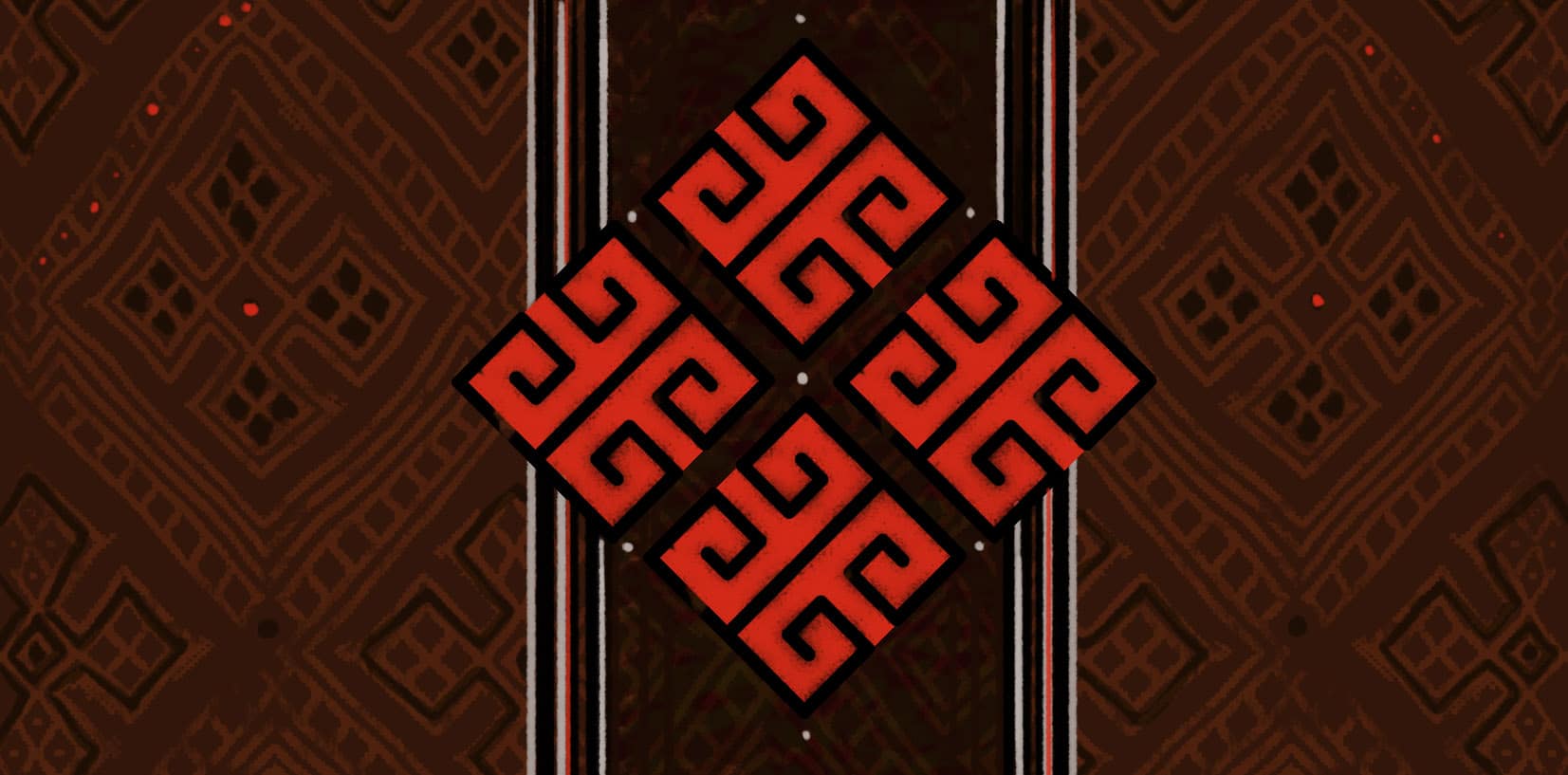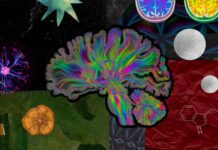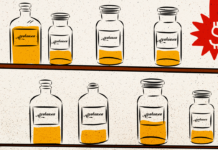- Meet Chacruna at Psychedelic Science 2025 - May 27, 2025
- Psychedelics and Attachment: Fundamentals, Implications, and New Frontiers - May 16, 2025
- Development Outreach Internship (OPEN) - May 6, 2025
Internal letter of recommendations
We, the representatives of the Indigenous Peoples of the Juruá Valley — Apolima-Arara, Ashaninka, Huni Kuin, Jaminawa, Jaminawa-Arara, Kuntanawa, Nawa, Noke Koi, Nukini, Puyanawa, Shanenawa, Yawanawá and Shawãdawa — assembled at the 1st Yubaká Hayrá Ayahuasca Indigenous Conference, held December 14 –17, 2017, in the Poyanawa Indigenous Land, in Mâncio Lima municipality, coordinated by the Juruá River Indigenous Peoples Organization (OPIRJ), the Tarauacá Indigenous Peoples Organization (OPITAR), the Rio Envira Indigenous Peoples Organization (OPIRE), and the Rio Jordão Kaxinawá Rubbertappers Association (ASKARJ), with the participation of the other organizations present, after intense discussion, have decided that:
Each people will hold internal meetings to disseminate the information discussed at this conference, including the topics covered in this letter. This debate will inform the 2nd Indigenous Ayahuasca Conference. These meetings will be coordinated by the indigenous regional organizations with support from FUNAI.
FUNAI will be responsible for articulating with outside institutions, such as Assessoria Indígena, IPHAN/MINC, CONAD, and others considered relevant to this debate, inviting them to participate in a preparatory meeting for the 2nd Indigenous Ayahuasca Conference, initially scheduled to take place in June of 2018.
Each people should decide on its collective position and should reflect during its internal meetings on the issues related to the topics below:
– How was traditional medicine used in the past and how was knowledge passed on and protected in the internal indigenous context.
– How is traditional medicine used and how is knowledge passed on and protected in the present-day context, and what do they think about the changes observed in traditional uses.
– How do they perceive the current situation of the exchanges with non-indigenous populations and how is knowledge being stewarded. What ideas do they have about how to protect knowledge of traditional medicines, given the changes arising from this expansion?
– The possibilities and limits for sharing traditional knowledge with non-indigenous populations. Reflect on the extent to which transmission of this knowledge is beneficial or harmful to non-indigenous people and the best form of engaging in external dialogue and sharing.
To inform the reflections, we include in attachment a summary of the debates that took place during the 1st Yubaka Hayrá.
Puyanawa Indigenous Land, December 16, 2017.
Appendix summary of the debates taking place during the 1st yubaka hayrá
Reflections/Problems:
* Researchers who study ayahuasca and other traditional medicines are not closely involved in the interests of the indigenous movement. They may legitimately speak in academic contexts, but the true knowledge bearers on spirituality are indigenous peoples and they should be the protagonists.
* Concern over training courses in the use of sacred medicines, especially outside Brazil.
* Concern over inadequate use of medicines by the nawás [non-indigenous people] and/or churches and their commercialization, which can generate serious situations associated with their use. For example, the use of ayahuasca by the nawás in various kinds of festivals and other spaces, typically in pill form like a psychedelic drug.
* Amplification of the use of medicines outside the indigenous context means that there are more nawás than indigenous people using ayahuasca.
* Traditional medicines have specific uses. If and when used out of context, even by indigenous people, they lose their meaning and cease to be effective.
* Reflection on the responsibility of indigenous peoples themselves for having transmitted knowledge of their medicines to the nawás.
* Disrespect shown by law enforcement and regulatory bodies vis-à-vis the circulation of indigenous people with medicines and other cultural elements.
* The idea of a “diffuse” (collective) right weakens indigenous rights, placing indigenous ayahuasca on the same level as use by churches and various other non-indigenous groups.
Solutions, suggestions and guidelines
* Rather than using the generic name “ayahuasca,” the names specific to each people should be used, along with the names of other traditional medicines.
* It is important to stay informed about national and international legislation concerning ayahuasca.
* Institute a communication structure among indigenous peoples to work more effectively on the topic.
* Create an internal indigenous body that assumes responsibility for adequate use of medicines, as well as their divulgation and commercialization, and to deal with cultural issues, coordinating the stances of different indigenous peoples.
* Create a council of indigenous ethics on traditional medicines.
* Create a collective action plan so that all peoples can possess their land and live according to their customs. Unity is needed among the leaders in order for them to commit fully to this cause and ensure that there are no internal divisions.
* Promote the continuation of these discussions through a work agenda with the organization, holding regular meetings with widespread participation of the population, and including other indigenous peoples who also use these medicines.
* Encourage internal organization and guidance on the issue of the circulation and divulgation of culture by indigenous people who travel with traditional medicines.
* Create reference documents for each people, such as a set of internal regulations, guiding the ways of using and transmitting the knowledge and circulation of medicines. Guarantee the right to circulate freely with ayahuasca and other traditional medicines in a responsible form.
* Hold a meeting with government institutions to obtain and pass on to the population the information on the transportation and transfer of traditional medicines and report on ongoing processes.
* Consider the possibility of creating a CNPJ to travel freely with ayahuasca in accordance with the current resolution of CONAD.
* Undertake educational programs in the villages with teachers to raise awareness among children and young people about the correct use of traditional medicines, and to teach the correct cultivation of the plants.
* Create strategies, developed by the peoples themselves, related to the management, cultivation, exchange, and conservation of medicinal plants, integrated with agroforestry systems, emphasizing the importance of valuing and protecting ancestral knowledge.
* Research, revitalize, and share traditional music in indigenous schools, passing this music on to the younger generation in the specific form of each people.
* Secure musical copyrights, principally by spiritual leaders, with the associations working towards strengthening these rights.
* Reflect on inclusion of the use of non-traditional musical instruments (guitar and others) in the music of each people; not only ayahuasca songs, but hunting songs and other music.
* Create strategies to connect the commercialization of indigenous snuff to the form in which it is manufactured by indigenous peoples, rejecting the linking of the names of these peoples to snuffs produced outside the indigenous context.
* Stimulate people to take ayahuasca with those familiar with the medicine so they can learn about its history and feel what it is like. Stress the importance of the close involvement of indigenous peoples for the healing work to be conducted in a responsible form.
* Encourage exchanges between indigenous peoples to strengthen the autonomy of each people in relation to the knowledge and cultivation of medicinal plants and their medicinal and cultural use.
* Create an internal strategy to protect indigenous rights, amplifying the discussion to other countries with indigenous peoples who utilize ayahuasca by means of a conference.
* During the 2nd Indigenous Ayahuasca Conference, evaluate the possibility sending a letter to IPHAN/Ministry of Culture, the Public Prosecutor’s Office, and other responsible entities in Brazil, as well as to the UN and other international organizations, presenting the position of indigenous peoples on heritage registration and on the question of the diffusion of the sacred in the world.
* During the 2nd Indigenous Ayahuasca Conference, evaluate the possibility of taking Brazil to international court for cultural genocide. Consider the possibility of using as an example the denunciation of the Ayahuasca International company by Colombia.
* Strengthen the relation with FUNAI on the control of the entry of people into indigenous communities in pursuit of experiences with traditional medicines.
* Propose the presence of shamans on the IPHAN/Ministry of Culture commission, set up to evaluate the registration of ayahuasca as Brazilian cultural heritage requested by the churches.
* Evaluate the possibility of registration as cultural heritage of indigenous peoples.
* Create a process for recognizing what heritage is in the view of indigenous peoples.
* Raise funds with association partners and the Ministry of Culture to conduct the explanation phase with indigenous peoples, identified as an essential part of the registration process.
* Create a working group involving the organizations or another body to monitor the development of the work with IPHAN and other research related to traditional medicine.
* Widen the second conference to include other medicines too, and expand the spaces of debate.
Art by Karina Alvarez.
Original in Portuguese available here.
Check out more papers addressing ethical principles involving ayahuasca and psychedelic use here.
Declaration of the 2nd Brazilian Indigenous Conference on Ayahuasca.
Declaration of the 3rd Brazilian Indigenous Conference on Ayahuasca.
Take a minute to browse our stock:
Did you enjoy reading this article?
Please support Chacruna's work by donating to us. We are an independent organization and we offer free education and advocacy for psychedelic plant medicines. We are a team of dedicated volunteers!
Can you help Chacruna advance cultural understanding around these substances?














